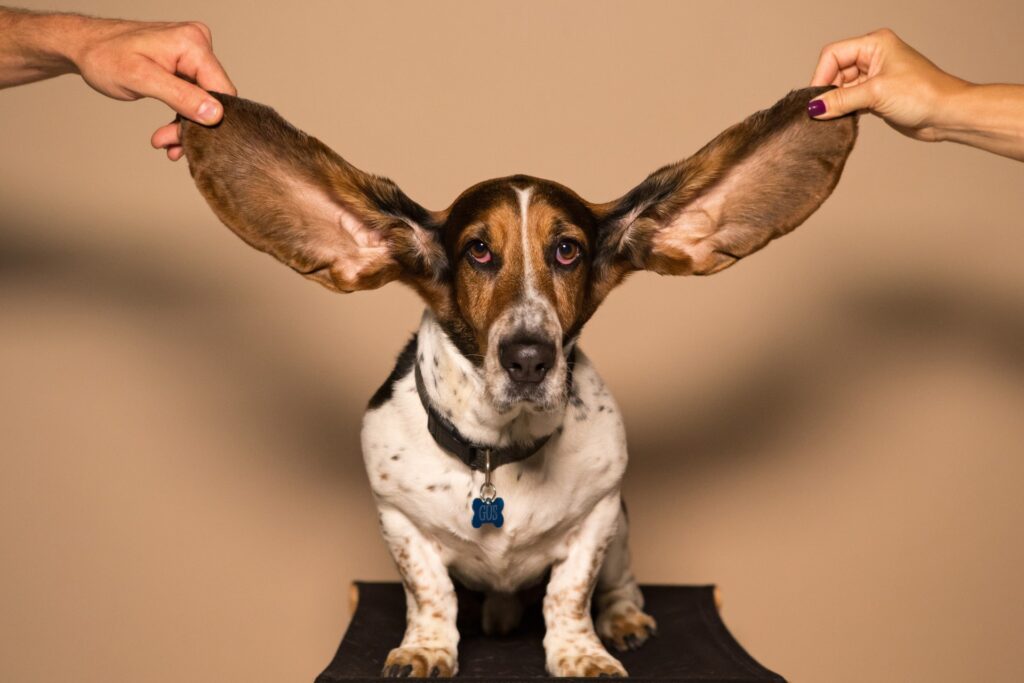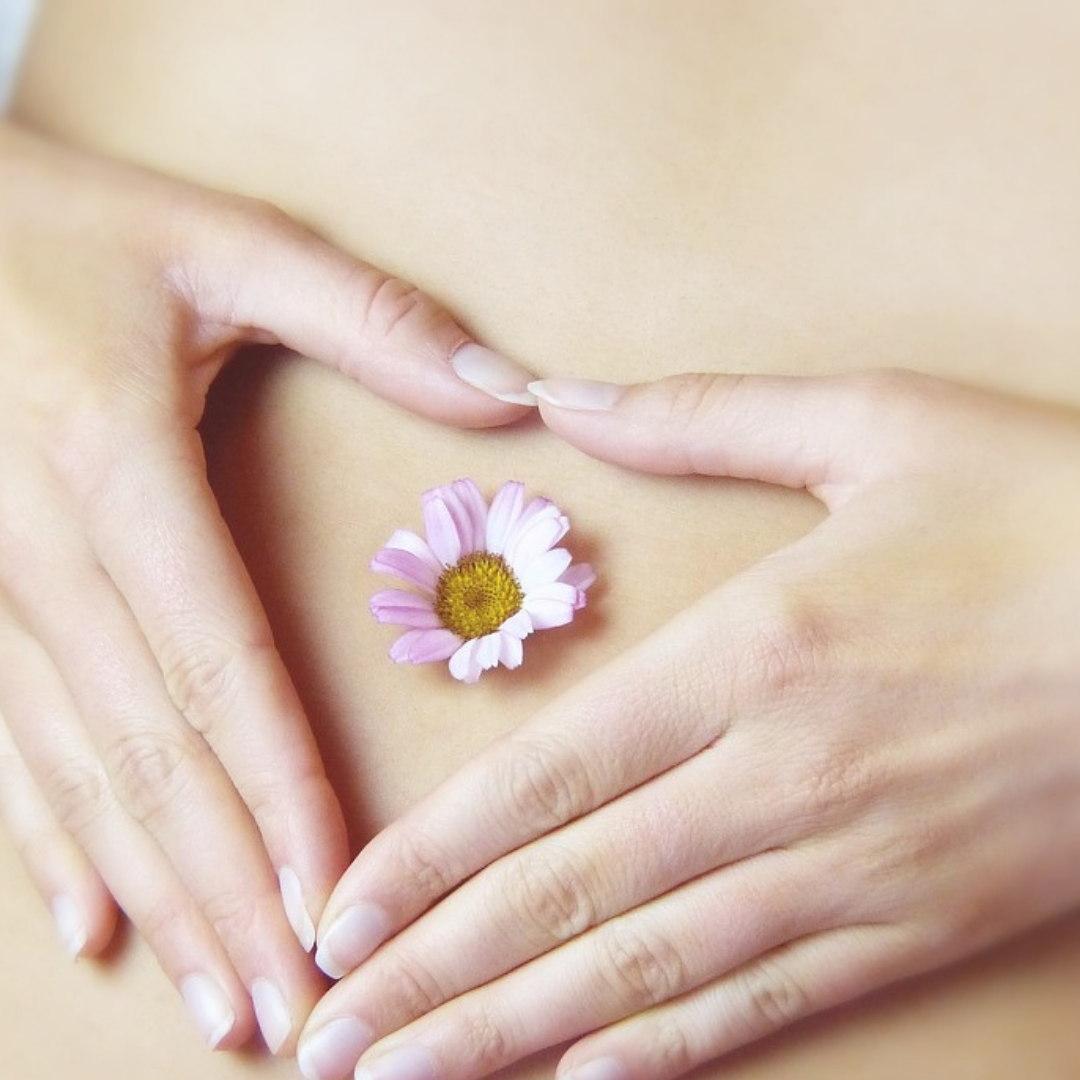As parents, one of the most important things we do is make sure that our children are taken care of. We teach them that fire is hot, ice is cold, and sometimes if you run too fast, you fall with a bump. Be kind, work hard, and you’ll have a great life and be a great human.
We ensure that they get to the dentist for checkups to ensure their teeth are in an excellent state of repair, the doctors for vaccinations and checkups. Even the opticians get their regular appointment.

But what about hearing? Beyond the first few hearing tests done in the early days – literally the newborn tests – what happens?
Your child’s hearing comes down to you. It is your job as a parent to instill good hearing care in your child. Hearing protection isn’t something that you can leave to chance, but luckily there are plenty of things you can do to help keep your child’s hearing protected.
Loud music
Family festivals, parties, and live events often have incredibly loud music – which is a lot of fun. But with loud music comes a potential threat to your child’s hearing and your own. If you want to be on the side of prevention, there is a massive range of noise-reducing headphones designed for children.
They are soft and padded, and while you can still hear the music, it isn’t muffled in any way; it makes sure that the level isn’t high enough to damage hearing.
Headphones
It can feel like headphones, and teenagers are glued to each other. Unfortunately, headphones can cause a lot of ear damage if the volume is too high. A great rule to stick to is the 60/60 rule. It means that your child only uses the headphones for 60 minutes, at 60% volume as a max.
This reduces the likelihood that your child will have noise-induced hearing loss.
Regular checkups
Like all other specialists ready to see your child at regular intervals, a hearing specialist or audiologist is bookable. Ideally, you should have your child’s hearing checked every six months; you might be surprised how quickly hearing can deteriorate if not caught early enough.
Swimmer’s Ear
Swimmer’s ear is one of the most common infections to happen in children. As they swim, water enters the ear, and sometimes it gets stuck. Once the water gets stuck, it attracts bacteria to the ear canal and causes a painful infection.
Multiple infections can damage the ear, so it is essential to have good post-swim hygiene. Dry around the ear gently in it, then tilt their head to the side to help any left over water run out.
Rest
Like every other part of your body, once your ears have been used for a while, they need to rest. For your child, a day at a noisy school or nursery is a lot of stimulation.
A short break between the noise is ideal. If your child goes to other noisy activities, then have some time without noise ready for after. After a few hours of loud music or a loud environment, it is estimated that your child will need up to 16 hours of ear rest.
Take care of your hearing too, and set the right example for the rest of the family. You can use that advice in all areas of your life: Consider Your Own Health, Happiness, and Wellbeing.




Leave a Reply